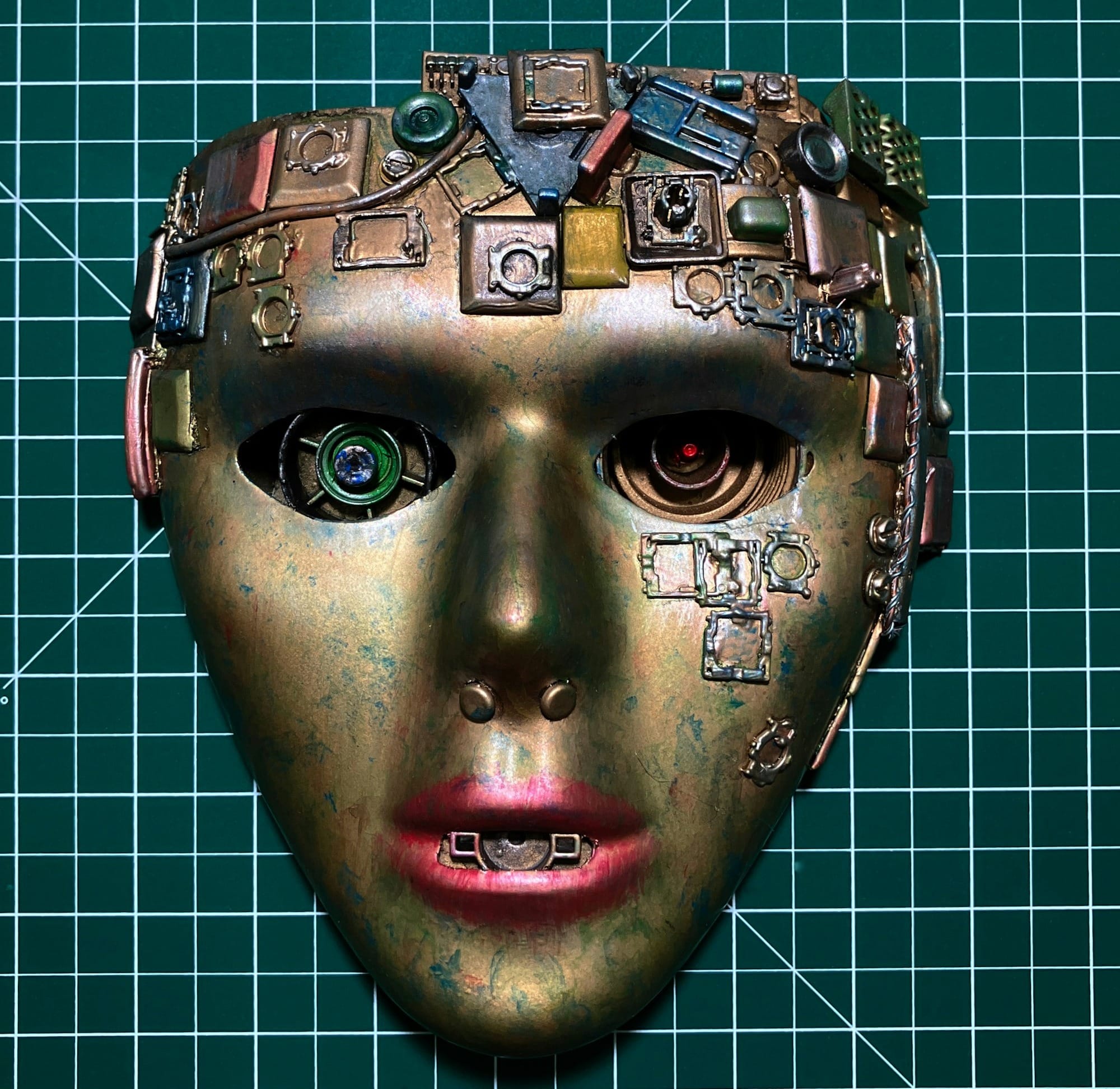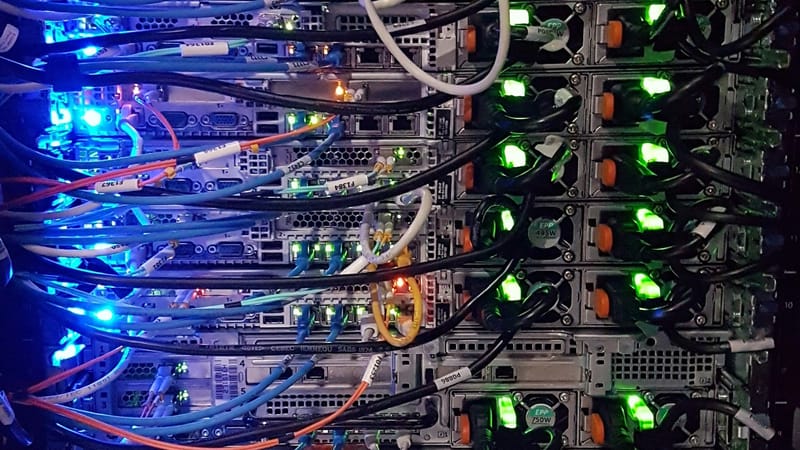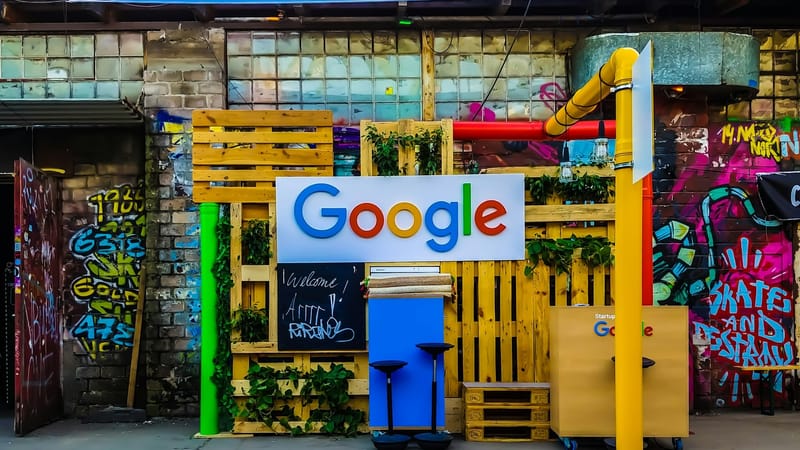Demis Hassabis on building safe, collaborative AI: The long road to general intelligence

Google DeepMind and the Long Game of Artificial General Intelligence
When Demis Hassabis founded DeepMind in 2010, few anticipated the quiet revolution that would ripple through artificial intelligence. Today, as the CEO of Google DeepMind, Hassabis presides over a division that straddles the line between pioneering research lab and corporate powerhouse. Yet, amid the clatter of generative AI’s sudden popularity and the frenzy of product launches, DeepMind’s approach remains deliberate, almost measured, a testament to Hassabis’s belief that true Artificial General Intelligence (AGI) is a marathon, not a sprint.
AGI, the elusive goal of building machines with human-like understanding and adaptability, has long inhabited the realm of theoretical possibility. Hassabis’s recent discussion with WIRED’s Steven Levy reaffirmed this position: DeepMind is less concerned with dazzling the market and more with the painstaking work of building AI systems that can reason across domains, learn from sparse data, and apply knowledge flexibly. In a landscape dominated by the rapid-fire rollout of tools like ChatGPT, DeepMind’s methodical pursuit is a study in patience amid upheaval.
But patience is not passivity. DeepMind benefits from Google’s unparalleled infrastructure and data access, a dual advantage it is keen to leverage, not simply to push the boundaries of science but to reshape the nature of work. Hassabis envisions AI not as a disruptor of jobs but as a collaborator, automating routine tasks and liberating human creativity. This vision, however, comes with its own challenges: technical complexity, ethical considerations, and the weighty responsibility of steering AI toward safe and equitable outcomes.
Beyond Narrow Intelligence: The Challenge of Generality
The vast majority of today’s AI excels in narrow, task-specific functions—be it language generation, image recognition, or data analysis. DeepMind’s quest, however, seeks to transcend these silos. “Building AI that can transfer knowledge from one task to another, reason abstractly and learn efficiently is the next frontier,” Hassabis remarked. This ambition necessitates fundamental advances in how machines represent knowledge and make decisions, a problem that has long confounded computer scientists.
Yet, the transition from specialised models to AGI is not merely technical. It demands frameworks for safety and alignment that ensure AI systems behave in ways consistent with human values. DeepMind’s research reflects an acute awareness of these risks, embedding ethics and transparency into the development process—no small task when the consequences could redefine society’s relationship with technology.
Competing in an Accelerated Arena
In recent months, the AI sector has accelerated beyond most predictions. OpenAI’s GPT models and Microsoft’s investments have seized headlines and market attention. DeepMind, by contrast, operates in a less conspicuous fashion, prioritising research depth over immediate commercial success. Yet, its integration within Google’s ecosystem affords it a scale and reach few can match.
“We’re building AI to amplify human ingenuity, not replace it,” Hassabis emphasised. This contrasts with dystopian narratives of automation-led displacement, reflecting a more nuanced understanding of AI’s potential economic impact, one where augmentation and collaboration predominate.
Rethinking Work in the Age of AI
Hassabis’s vision of the workplace is less about machines supplanting humans and more about redefining human roles. By delegating routine chores to AI, workers might redirect effort toward creativity, judgment, and emotional intelligence—qualities machines cannot replicate. This recalibration could alter productivity paradigms and corporate hierarchies alike.
But the path to such an equilibrium is fraught. Technical limitations remain, and society must grapple with issues of fairness, access, and control. “The journey to AGI is as much a social challenge as a scientific one,” Hassabis conceded.
From the Editor...
Innovation often arrives in bursts, but progress frequently follows quieter rhythms. For Demis Hassabis and DeepMind, the future of AI hinges on a measured blend of ambition and caution. How this balance plays out will shape not just the technology itself but the societies that adopt it,...and, ultimately, what it means to be human in a world shared with intelligent machines.






